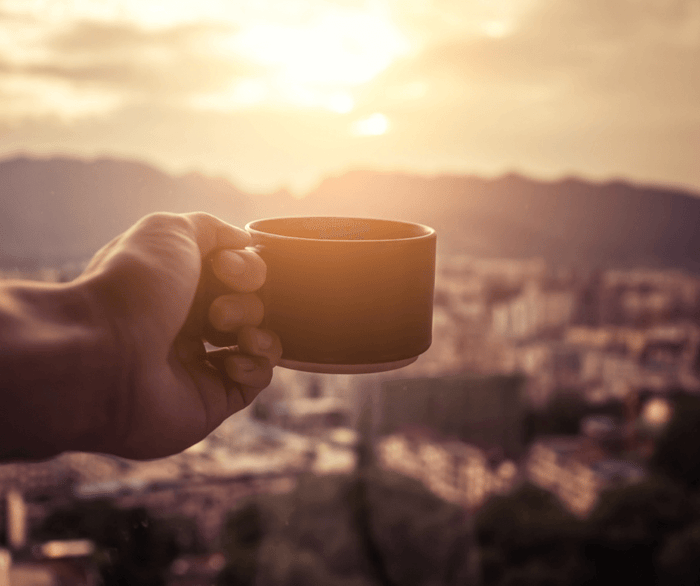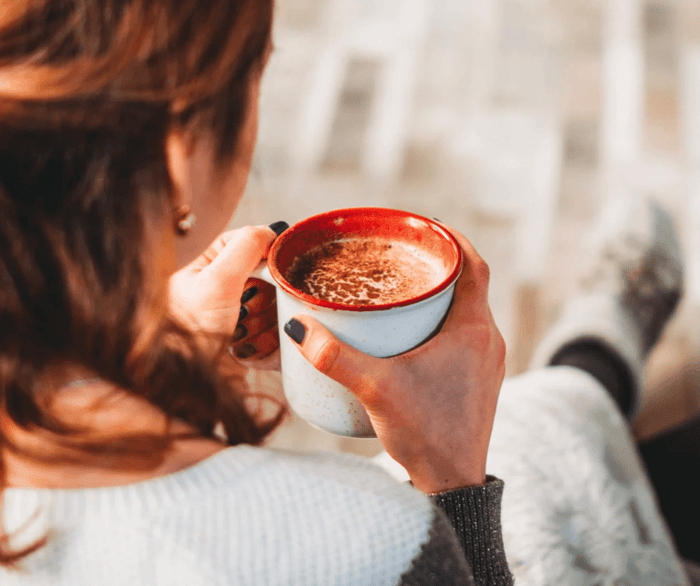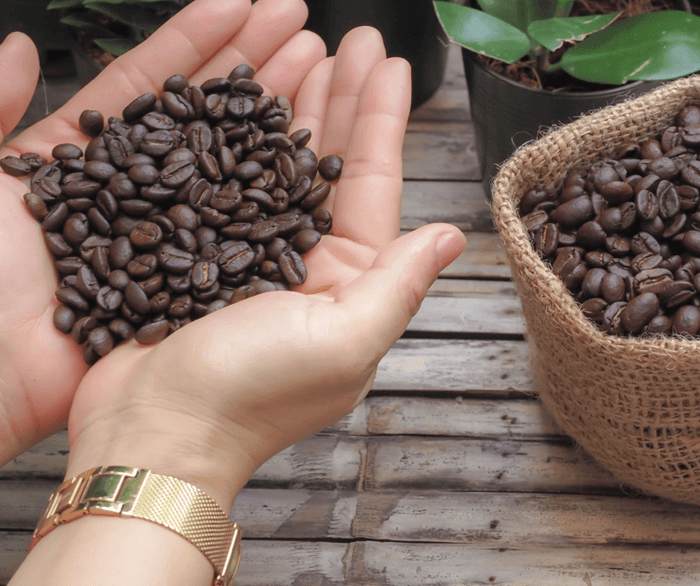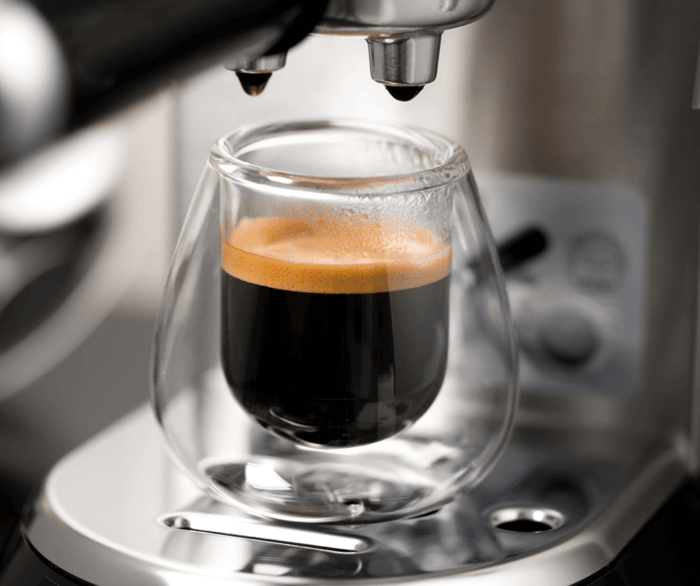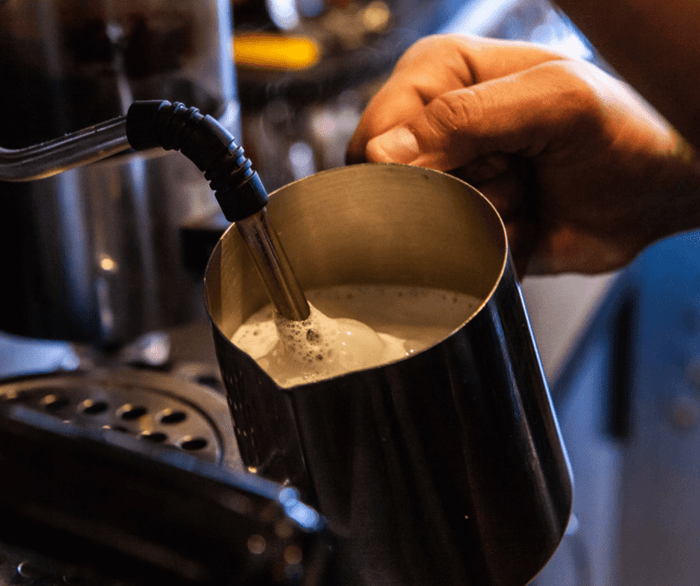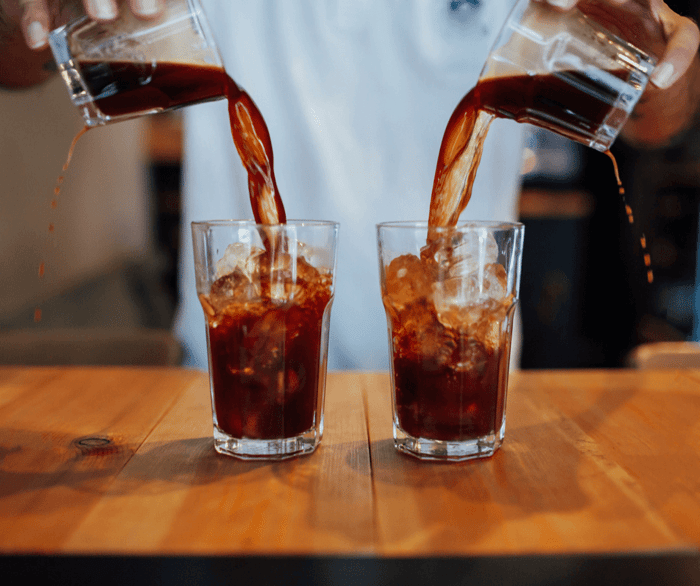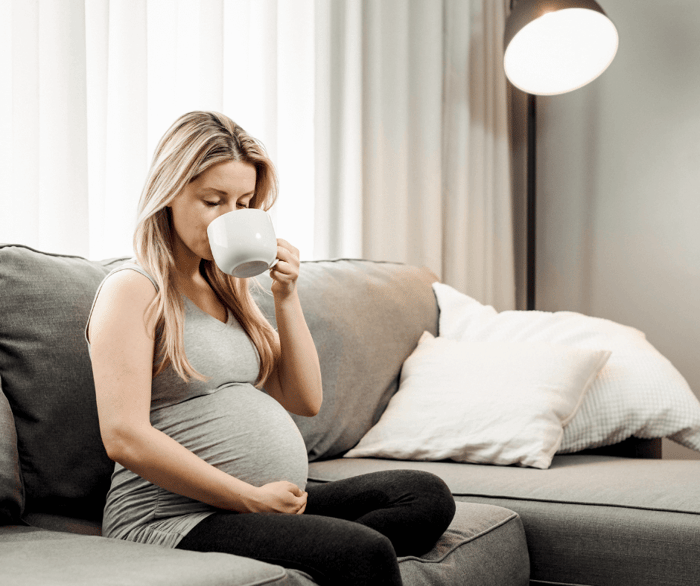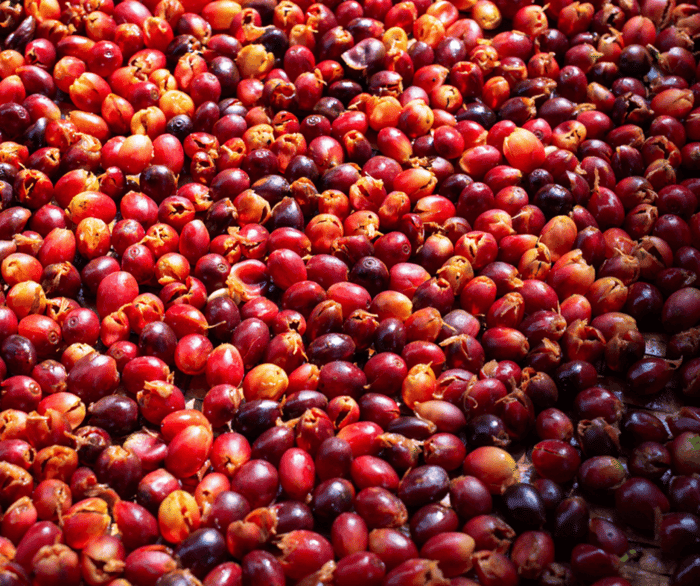We've all been there: it's 3 p.m., we're starting to crash, and we reach for a cup of coffee.
But then we hesitate—"is it really a good idea to be drinking caffeine so late in the day?" "Will I be able to sleep if I drink coffee this late?"
Or maybe you're burning the midnight oil and find yourself slowing down, craving a cup of coffee or tea to help you power through.
Will you find yourself up all night watching the time tick by minute by minute—until it's time to shower and go to work?
Not if I have anything to say about it! Let's explore the question, "When is it too late to drink caffeine?"
The “Early Afternoon” Rule of Thumb
The general advice that I frequently hear people recommend is cutting yourself off around 2 or 3 p.m.
Some people are even more Draconian with it, saying that Noon is the latest you should be drinking caffeine. What is this, the 1890s? Are we all going to bed at 7 p.m. and getting up at 3:30 a.m. to start plowing the fields?
Paying attention to how late you're drinking caffeine when you absolutely need to sleep is important. If you know you have trouble falling asleep when you drink coffee or tea, then obviously avoiding caffeine late in the day is going to be key. Of course, there are always exceptions to the rule
For example, if you have an important project due at work and you're up late working on it, that extra cup of coffee may be just what you need to get it done. Or maybe you're just out at a party and want to stay up late, and that ready-to-drink can of delicious cold brew may help you do just that.
But here's the thing: there's no one-size-fits-all answer to this question. It depends on a variety of factors, including your natural sleep patterns and how sensitive you are to caffeine.
Also in consideration is how much caffeine each drink contains. Check out caffeine content section to see if your favorite drink is listed
When to Stop Drinking Caffeine Before Sleep
For the average person, I think the 3 p.m. cutoff is probably an okay rule of thumb.
Just keep in mind it's a very approximate rule of thumb—based on a semi-normal bedtime. (When is that, again?)
If you're one of the people who can drink a hot cup of coffee at a quarter to midnight and still sleep like a log, then there's obviously no need to worry about cutting yourself off at 3 p.m. (In fact, you'd be doing yourself a disservice by not taking advantage of that!)
But if you have trouble sleeping when you drink caffeine, or find yourself tossing and turning all night after having a cup of tea in the evening, then you'll want to be more conscious of when you're having your last cup.
How Long Does Caffeine Keep You Awake?
The half-life of caffeine—meaning, the time it takes for your body to eliminate half of the life-giving caffeine you've consumed—is usually somewhere around ~5 hours.
So, for example, if you drink a cup of coffee at 4 p.m., by 9 p.m. you'll still have half of the caffeine in your system.
Given caffeine's average half life of about ~5 hours, try to make sure you cut off your caffeine within 5 hours of when you absolutely need to sleep. But keep in mind that caffeine's half-life varies from person to person—in some people it can be as long as 9.5 hours, and in other people it can be as little as 1.5 hours. (!)
So ultimately, it's up to you to experiment and figure out what works best for you, personally. Nobody knows your body (and your circadian rhythm) better than you do.
When Should I Stop Drinking Caffeine Before Bed?
When it comes down to it, there's no real hard and fast rule as to how late is too late when it comes to consuming caffeine. It depends on a number of factors, including how sensitive you are to caffeine and what time you naturally go to bed. And those factors will be very different for everyone.
So if you're wondering how late is "too late" for you to drink caffeine, the best answer is—unfortunately—"It varies from person to person."
But at least now you know the average half-life of caffeine (5 hours), and what factors to take into account when making that decision.
And if you're still not sure, just err on the side of caution and cut yourself off a few hours before you want to sleep.
Finally, remember that despite what most people think, it's very possible to fall asleep with caffeine still in your bloodstream. (It's alcohol that really messes with people's sleep quality—not caffeine.)
Caffeine makes it easier to stay awake when you want to—it doesn't prevent you from falling asleep and resting. And that's an important distinction.
Want More Coffee Content?
- Daily Coffee Grind - Click Here
- Coffee Reviews - Click Here
- Coffee Brewing Guides - Click Here
- Coffee Brewer Reviews - Click Here
- All Things Tea - Click Here
- How Much Caffeine Is In It? - Click Here

